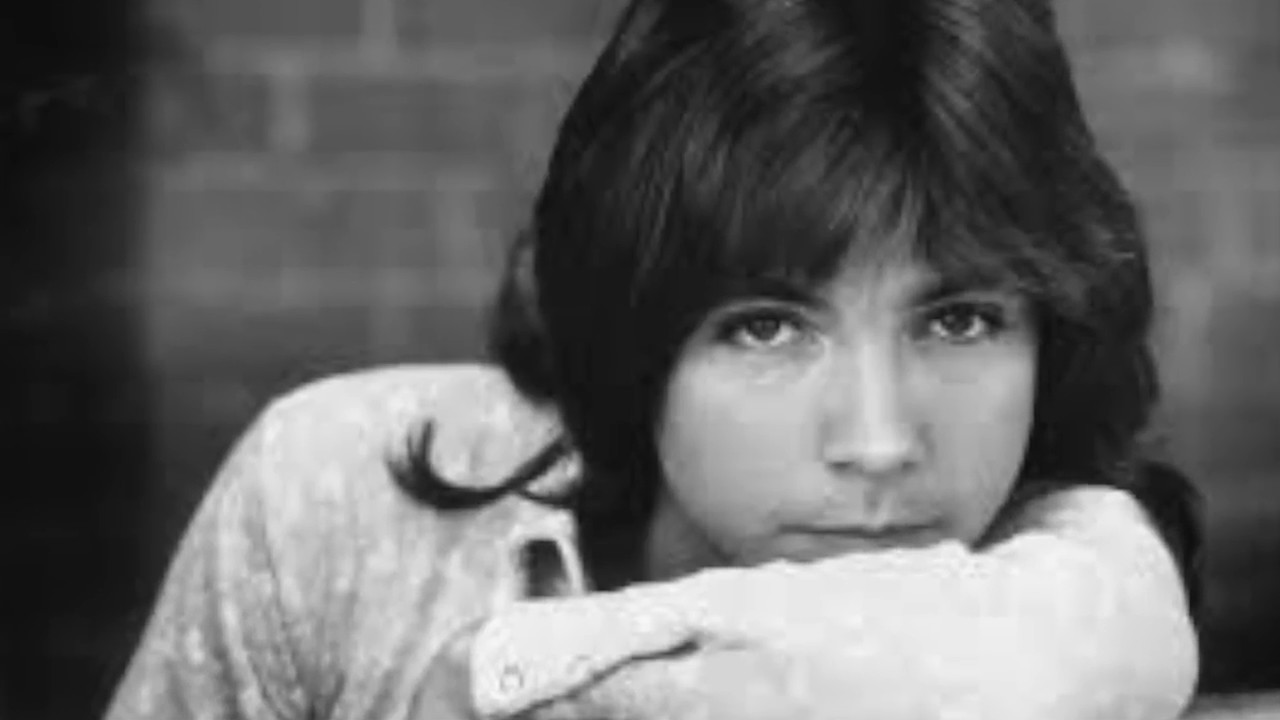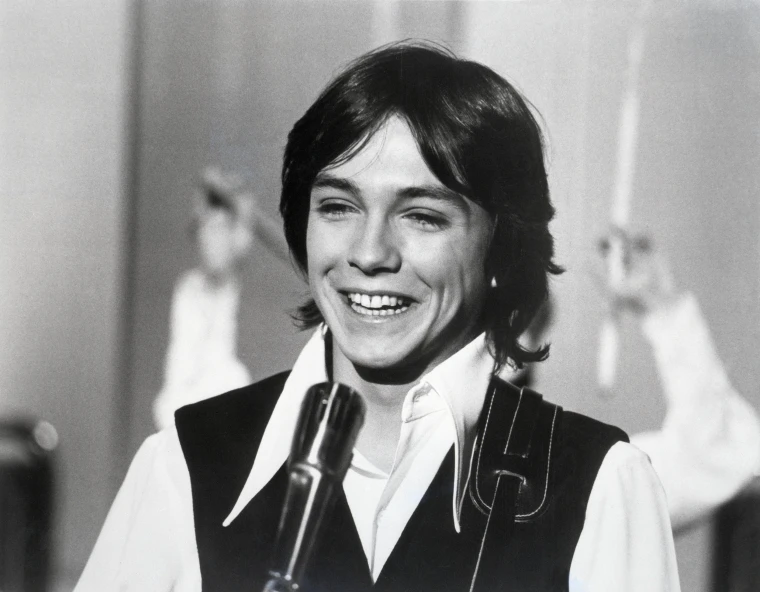
A heartfelt reflection on lost love and quiet longing in “Cry” by David Cassidy.
There are songs that seem to resonate quietly, softly echoing in the chambers of memory, and then there are those rare melodies that linger profoundly, gently touching the innermost corners of our hearts. Such is the gentle power of the song “Cry,” performed with soulful vulnerability by the unforgettable David Cassidy. Released in 1972 as part of his critically acclaimed album “Cherish,” this ballad embodies a deeper reflection upon love’s painful uncertainties and lingering regrets, themes delicately interwoven throughout Cassidy’s emotional vocal delivery.
David Cassidy was, at his peak, a name synonymous with youthful charm, charismatic performances, and an earnestness that resonated deeply with audiences worldwide. Yet beneath the gleaming veneer of teenage idol fame lay a gifted artist capable of expressing profound emotion through music. “Cry,” originally penned by songwriter Churchill Kohlman and first popularized by Johnnie Ray in 1951, found renewed expression through Cassidy’s sensitive interpretation. His rendition beautifully captured the bittersweet essence that older generations had cherished from Ray’s original release, honoring its legacy while instilling a fresh emotional depth all his own.
When “Cry” debuted within the album “Cherish,” it did not immediately achieve chart-topping acclaim like some of Cassidy’s more upbeat hits such as “Cherish” or “Could It Be Forever.” Yet, its subtle beauty and authentic emotional depth gradually won over listeners and critics alike, making it a beloved staple among Cassidy’s loyal fans. The album itself achieved notable success, peaking at number 15 on the US Billboard 200 chart and solidifying Cassidy’s standing not just as a teen idol but as an artist capable of genuine emotional resonance.
Behind this particular performance lies an emotional authenticity reflective of Cassidy’s own experiences—personal struggles hidden beneath immense popularity. David Cassidy’s soulful interpretation conveyed genuine vulnerability; his voice carried not merely melody but genuine human tenderness—a longing for connection that resonates strongly even decades later. For listeners who lived through those golden yet complicated years of youth, hearing “Cry” today evokes wistful memories of first loves lost, dreams quietly fading away into reality’s embrace, and youthful innocence gently yielding to life’s inevitable truths.
The true magic behind “Cry” lies not merely in its sorrowful lyrics or its poignant melody alone but rather in how Cassidy imbued each note with sincerity and humble vulnerability. His gentle voice held within it wisdom beyond his youthful years—a timeless melancholy that appealed deeply to listeners who themselves had known heartache intimately. For older listeners especially, this song became much more than simple entertainment; it became an earnest companion during moments of quiet introspection—offering solace amidst life’s uncertainties.
Today, years after David Cassidy’s passing in 2017, revisiting “Cry” brings forth a complex tapestry of emotions: nostalgia for simpler times mingled poignantly with the quiet acceptance that time inevitably passes. His tender rendition remains forever etched within our collective memories—a reminder that music can capture human emotions so eloquently that they transcend generations. It is this enduring resonance that marks “Cry” as one of David Cassidy’s quietly powerful legacies—an enduring testament to love’s ability both to wound deeply yet also heal profoundly through shared experience.
In every note sung by David Cassidy, we are gently reminded: sometimes we must allow ourselves simply to feel—to remember, reflect…and perhaps even quietly cry—knowing fully well we are never truly alone in our heartfelt journeys.
